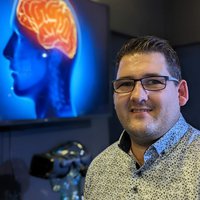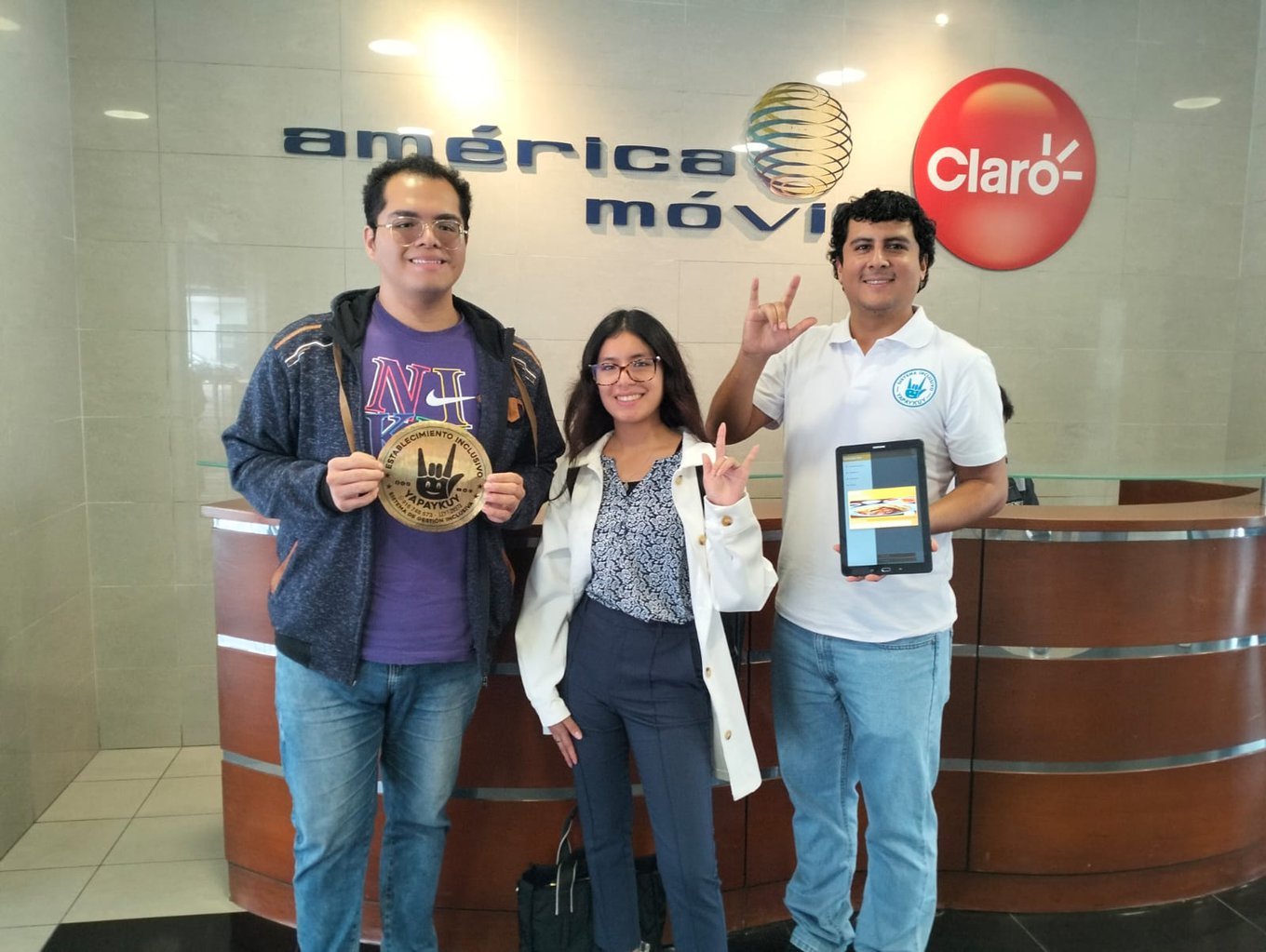Some 430 million people, more than
5% of the world's population, have disabling hearing loss. About 80% live in
low- and middle-income countries. This condition affects not only their ability
to communicate but also their access to education and employment and promotes
social isolation. The World Health Organization estimates that unattended cases
of hearing loss account for some US$980 billion each year.
Faced with this problem, Jorge
Rojas Barnett, an electronics engineer from the Universidad Nacional Mayor de
San Marcos, launched the Yapaykuy app. It is the first platform that recognizes
all sign languages in the world automatically and translates in real time,
explains Rojas. Because of this breakthrough in inclusivity for people with
deafness, Rojas has been selected as one of the winners of MIT Technology
Review's Innovators Under 35 Latin America 2023 in Spanish.
With the help of artificial
intelligence, the software developed by this young Peruvian makes it possible
to serve deaf people from any country in public establishments by being
installed in public places such as stores, movie theaters, airports, and pharmacies.
Yapaykuy's functionalities include real-time sign translation and
text-to-speech and speech-to-text conversion. In addition, it teaches sign
language and facilitates job interviews with the help of sign language
interpreters. Yapaykuy also makes it easier to serve Quechua speakers by
translating Quechua into Spanish in real time.
Establishments that use Yapaykuy's
services become inclusive and comply with legislation that requires them to be
inclusive in customer service thanks to the technology, according to Rojas. The
rights of people with disabilities are protected by law, but these rights are
violated in practice due to the lack of digital tools, he adds. This app,
according to its creator, fights against social and labor exclusion and social
inequalities.
Yapaykuy is present in more than
100 businesses in Peru, benefiting more than 5,000 people with disabilities.
One of the app's services enables students with deafness to follow oral
classes. Rojas notes: "We have made it possible for many restaurants to
serve people with visual disabilities with validated service protocols. It's a
comprehensive system against exclusion." Rojas is working to improve the
daily lives of three million people with disabilities in Peru and plans to
reach other Latin American countries and the United States in the future.




